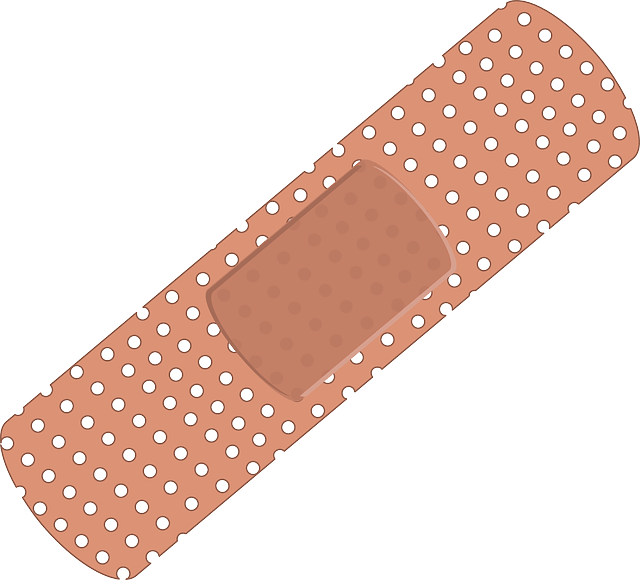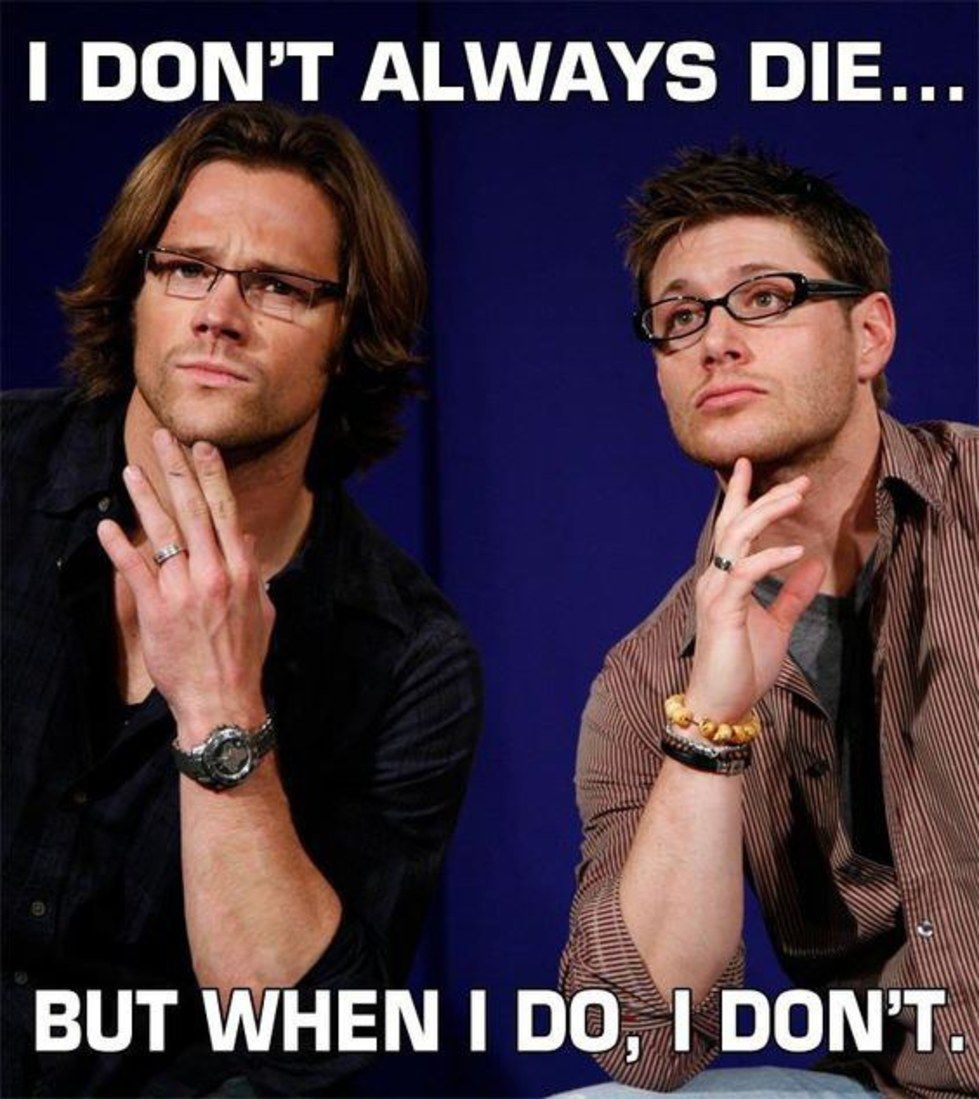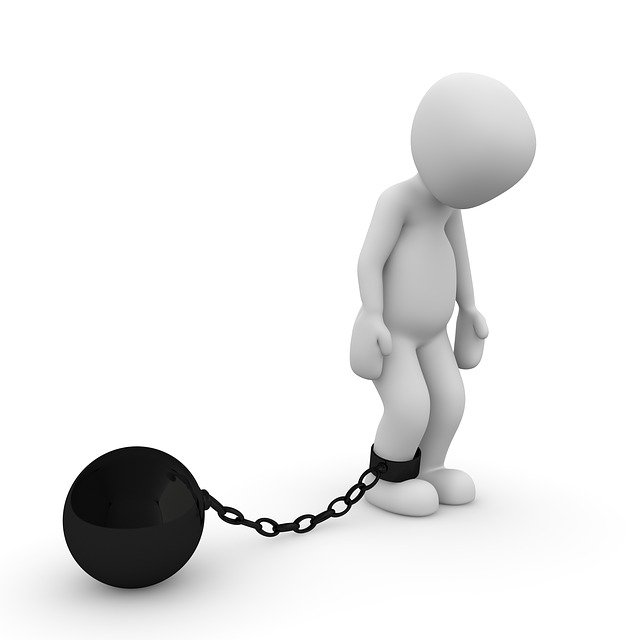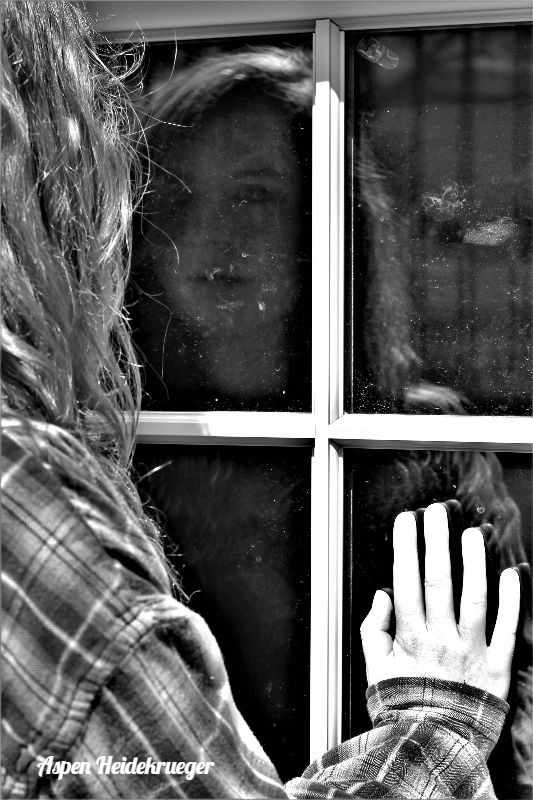You can’t truly solve a problem without first understanding what caused that problem in the first place. Without addressing the root cause of an issue, you can only offer temporary, band-aid solutions.
For example: If you are having persistent headaches, is it better to:
A) Just take the highest dose of Tylenol every day and go about your life? (band-aid solution)
OR
B) Go to a doctor and try to figure out why you are having headaches so that maybe you can stop having them altogether? (addressing the root cause)
What is better for you in the long run?
Even if it is not the most convenient thing in the world, we can all admit that the correct answer to this question is B.
If you ignore the root cause, trying to solve a problem will be like trying to kill Sam Winchester from Supernatural or Beric Dondarrion from Game of Thrones. You think “man, they have to be dead this time for sure,” but them BAM! They are alive again!
So today, I want to talk about a root cause for a very important issue: eating disorders in cancer patients.
Okay, riddle time:
What is something that every human being needs that is almost always taken for granted until it’s gone?
Love? Sleep? Eating food? Playing a sport? Health? Relaxation?
All good answers, but they are not what I am looking for. I am referring to something may sound surprising to you:


Control
Human beings all like control. We like to control all of the following:
where we go
how we feel
who to spend time with
what we do
when we do it
and how we do it
These are just a FEW examples, but you get the gist.
In essence, we like to control what happens to us. It’s a natural thing to want to be in control of your own life and body.
Anything that infringes on our control seems like a threat.
Remember when you were a kid and you would feel violated and indignant when someone put you in timeout against your will? Yeah, this control thing is not bound by age.
We don’t like it when circumstances, environmental factors, or other people put limits on what we can control. It feels unfair; it makes us upset.
At this point, most of us can reasonably agree that people like control, but why? Why do people like control? The answer is simple:
Without control, none of the other things listed above (love, sleep, eating food, relaxing etc….) are within your grasp. It is impossible to obtain—or put yourself in the position to obtain—any of these things without some degree of control.
Take eating for example. You have to have access to food. If you are hungry in the middle of a vast desert (with not even one cactus or living creature in sight), there is nothing you can do.
(Eating your own arm or the sand is not a solution here).
Even if you were in that desert and a delicious cake magically appeared right in front, you still need some control. Say in this scenario you are paralyzed from the neck down. So, you can’t move toward that cake. All you can do is lie in the sand.
Or, say you reach that cake, but you are having a panic attack because you are trapped in the middle of the desert. In this scenario, if you tried to eat, you might just inhale your food as you hyperventilate and die.
In any of these scenarios, you are going to be unable to eat until some form of control is gained.

Even to do something as simple as ease your own hunger, you need to:
1) Be in a location where there is food.
2) You must be physically capable of getting to/eating that food.
(This also includes situations where you may be too sick to keep food down or too nauseous to eat)
3) Be calm enough to eat it.
This requires control over where you are, your physical state, and your emotional state.
Everything we want in life requires certain degrees of control. Acquiring food requires similar kinds of control that it takes to obtain love, sleep, playing a sport, or anything else.
And this is why it can be so detrimental when large amounts of control are lost.
There are a countless number of external factors that affect your control.
If you plan on going out for a stroll in the sunshine and there is a tornado, you have to cancel your plans. When someone you care about is being a jerk, you can’t control how they treat you. When you are sitting in traffic and are crawling along at 2 MPH, you can’t make everyone move faster. (no matter how many times you honk your horn or flip people off).
These external, control-limiting factors are always frustrating and challenging to handle with grace. Individual things like this can often be enough to ruin someone’s day.
However, in my experience, there is something that is infinitely more difficult to handle than a normal, everyday thing:
Loss of health.
There is something much more intimate about losing control when your body—the thing that you so badly want to be in control of—is what is stealing your control from you.
Just think about it:
You want to do something…
But you can’t do what you want to do…
Because you physically aren’t able to.
It’s like giving yourself a pep-talk in the mirror and your reflection is just laughing at you.
This causes a lot of internal conflict, to say the least.
I think we could all agree that being paralyzed in our little desert scenario would be the worst of the three scenarios. Not only do you not have the physical ability (health) to get that cake you are starving for, you have to stare at it.
Most people will feel all the frustration associated with a loss of health when a small injury takes them away from exercising, having a cold puts them on the couch, or getting their wisdom teeth out means food options are limited. Even these short-lived scenarios promt thoughts of “why can’t my stupid body just heal already? I am miserable! My god, when will the torment end!”
This lack of control even amidst normal, everyday settings is highly undesirable.
But these common causes of health loss lack two things: severity and longevity.
Cancer is an entirely different beast. Why? That answer is also simple.
All we have to do is go back and take a look at the list I mentioned earlier. When you have cancer you rarely get a say in:
– where you go
– how you feel
– who you spend time with
– what you do
– when you do it
– or how you do it
When I had leukemia and was going through my two-and-a-half years of chemotherapy, I had often had no control over any of these things. But I have to add a few things to the list:

I had no control over
– If I could eat
(A common side effect of chemo is being too nauseous to eat or keep food down.)
– How I looked
(I became skeletal when I was too nauseous to eat, gained weight on steroid regimens, lost my hair, and dealt with ungodly bruises and skin rashes.)
– How much pain I was in
A side effect of my treatment was that I was in chronic pain all the time, and I knew it wouldn’t go away as long as I was on chemo.
– How much I could move
I was in a critical state for over a year after my treatment began. I was too weak to get around by myself and my hands and feet were numb with neuropathy.
– How long I would be sick
I knew my treatment would last at least two-and-a-half years and I barely wanted to go one more minute.
And finally…
– I couldn’t control whether I lived or died.
Cancer was killing me and I was powerless to do anything but attempt to endure the abhorrent side effects of chemotherapy and hope it was enough.
My life being at risk was the ultimate violation of control.
(If you haven’t read My Story about my years of chemotherapy treatment yet, you can do so here)

When your life is threatened by cancer and you undergo chemotherapy, the amount of control you lose can be detrimental.
Drastic loss of control that persists for long periods of time is a large contributor to things like anxiety, depression, suicide, deterioration in physical health, and our focus for today: eating disorders.
Eating disorders are almost always associated with a negative self-image and physical appearance. While there are many genetic, biological, physical, social, and psychological factors that can play into the development of eating disorders, feeling in control is always a central factor. Activities such as restricting calories, binge-eating, or purging are often used by people with eating disorders to feel more in control of their bodies.
Young adult cancer patients are at incredibly high risk for developing an eating disorder, such as anorexia, bulimia nervosa, or binge eating disorders during or after their treatment periods.
Severe, long-lasting loss of control, coupled with drastic and uncontrollable fluctuations in appearance and an inability to eat for long periods of time is breeding grounds for anorexia, bulimia nervosa, or binge eating disorder.
Immense loss of control? Feeling betrayed and restricted by your own body? Having no say in how much weight you gain or lose or how you otherwise look?
It is almost the perfect storm for an eating disorder to develop.
It was for me.
I developed anorexia near the end of my chemo treatment while I was on high doses of prednisone (a steroid that typically makes you gain weight). Even though I was barely eating due to nausea, my weight continued to go up because of the steroids.
But I didn’t know that, and no one told me.
All I knew was that I hated my life, despised how I looked, and I needed something to change.
I needed some control. I needed my stupid body—the one that had caused me so much suffering already— to look better.
All it took was one careless comment from a doctor about my weight gain to send me down the path to anorexia.
During the last 6 months of my chemotherapy, I began pushing my body to the limits. As time passed, I ran more and more and ate less and less.
Even though I was starving myself, my weight didn’t change until my chemotherapy ended and I got away from prednisone. But losing weight didn’t matter. It wasn’t enough. I didn’t want to stop.
I didn’t even know what I was doing until it was too late to go back. I didn’t realize that I was killing myself until I was hopelessly caught up in my patterned behavior and unwilling to stop. Starving myself had become my one form of control.
And when I realized it—when I first realized I was killing myself about six months into my anorexia—I didn’t care.
My body had become my enemy. It had tried to kill me with cancer and had caused me so much physical suffering during my chemotherapy that I wanted to punish it.
As I said, cancer and chemo created the perfect storm.
After a year of this, my heart rate was down to 36 beats a minute, and a heart attack was imminent. I was almost forced into a hospitalized treatment program. That is when I had a choice: get my life turned around or keep going and die.
More recently, I had emergency abdominal surgery to resolve a blockage in my intestines that prevented food from getting through. The recovery did not go well. I was unable to eat without severe pain for over a month.
Here, I was so scared that eating would lead to another blockage or cause me more pain that I couldn’t keep food down. I struggled with bulimia for a short time.
Both of my eating disorders were prompted by medical circumstances, my negative self-image, and my lack of significant control in any area of my life.
But I overcame them both.
I learned to trust my body and give it what it needs. I learned that taking care of myself is the ultimate form of control when your health is failing you. But it was a very difficult process.
My goal for today was to help you understand the importance of control, give you an idea of why cancer patients are at high risk for eating disorders (the root cause) and share a bit about my own challenges.
During my experiences with cancer and chemotherapy, I often found myself in that “desert scenario” with the cake. Many times, I have been unable to physically reach or eat that cake. Countless other times, my emotional state and frame of mind kept me from eating that godforsaken cake even when I wanted to.
This is the first post of many.
I plan on diving into why certain eating disorders are likely to develop during and after chemotherapy, discuss early warning signs and behaviors, inform you of the risks involved when these problems are not addressed, and talk to you in detail about my own eating disorder experiences.
And, most importantly, I want to share advice about how I learned to challenge the emotional and mental states that kept me from eating that cake when I was standing in the desert.
I want to share how I overcome both anorexia and bulimia by taking control of my life back.
Latest posts by Aspen Heidekrueger (see all)
- How My Chemo Treatment Led To An Eating Disorder (PART 2) - November 16, 2020
- How My Chemo Treatment Led To An Eating Disorder - November 8, 2020
- Another Encouraging Word for Cancer Survivors (And Everyone Else) - October 25, 2020

